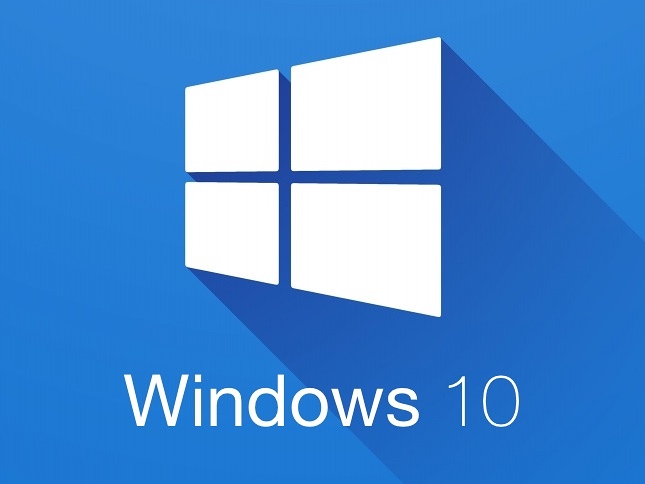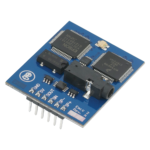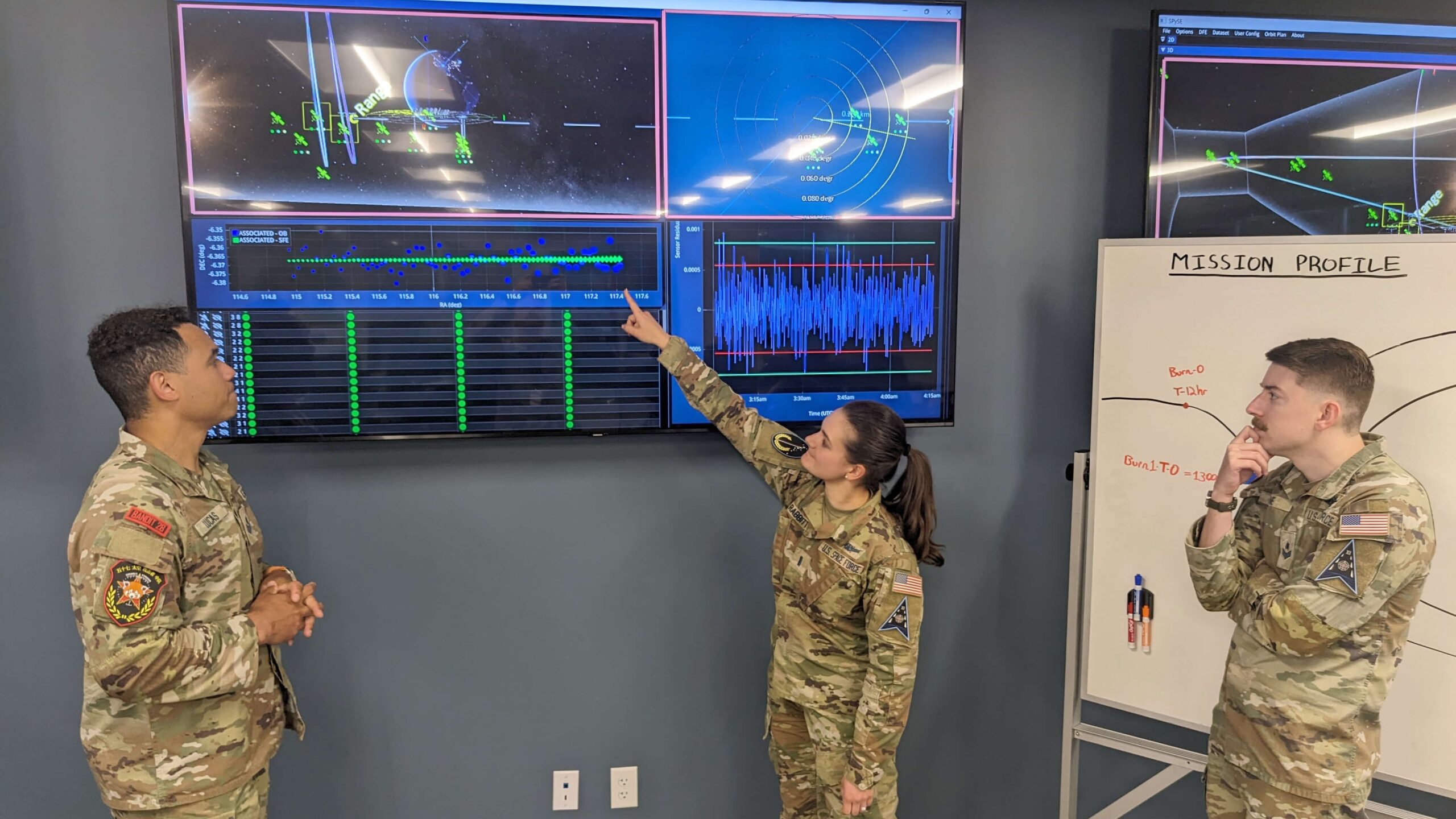Are you a gamer looking to upgrade your operating system? With so many options out there, it can be overwhelming trying to figure out which one is the best for gaming. As a long-time gamer myself, I’ve tried and tested numerous operating systems and have finally narrowed down the top five that truly deliver in terms of performance, compatibility, and overall gaming experience.
In this article, we’ll delve into each of these top contenders to help you make an informed decision on which one is right for you. We’ll discuss their unique features, compatibility with popular games, and how they compare in terms of speed and stability. Whether you’re a casual gamer or a hardcore enthusiast, by the end of this read you’ll have all the information you need to choose the perfect operating system for your gaming needs. So let’s get started on finding the best OS for your ultimate gaming setup!
So, best operating systems for gaming?
When it comes to gaming, having the right operating system can make all the difference. While there are a variety of options out there, some stand out above the rest when it comes to providing a seamless and high-performing gaming experience. Here are five of the best operating systems for gaming and what makes them unique.
1. Windows 10: Widely considered the go-to choice for gamers, Windows 10 offers a vast library of games and excellent compatibility with hardware and software. It also has built-in features like Game Mode that optimize your PC’s performance while playing.
2. macOS: Apple’s operating system may not be as well-known for gaming, but it still has its strengths in this area. With its sleek design and powerful graphics capabilities, macOS is an attractive option for Mac users looking to game.
3. SteamOS: Developed by Valve Corporation specifically for gaming, SteamOS is based on Linux and offers a streamlined interface focused solely on playing games from the popular online platform Steam.
4. Ubuntu GamePack: Another Linux-based option, Ubuntu GamePack combines Ubuntu’s stability with pre-installed drivers and software designed specifically for gaming purposes.
5. Chrome OS: While not traditionally known as a gaming OS, Chrome OS has been making strides in recent years with support from Google Stadia streaming service and access to Android apps through Google Play Store.
Ultimately, choosing the right operating system for your gaming needs depends on personal preference and compatibility with your hardware setup. Consider factors such as available games library, performance optimization features, user interface preferences, and overall ease of use before making your decision.
Understanding Different Types of Operating Systems for Gaming
When diving into the world of gaming, the type of operating system (OS) you use can greatly influence your experience. There are several popular operating systems tailored for gamers, with Windows often leading the pack. It’s widely favored due to its extensive compatibility with countless games and robust support from game developers. With a user-friendly interface and built-in features like DirectX for enhanced graphics performance, Windows provides gamers with a reliable platform to play everything from indie gems to blockbuster titles.
On the other hand, there are alternatives like macOS and Linux that also have their own unique offerings. While macOS is known for its sleek design and solid stability, it tends to have fewer game options available compared to Windows. However, many creative professionals enjoy gaming on Macs because of their high-quality displays and seamless integration with other Apple products. Meanwhile, Linux presents an intriguing choice for tech-savvy gamers who appreciate open-source software’s flexibility and customization potential. Though Linux may require a bit more tinkering, it’s becoming increasingly viable thanks to dedicated distributions that support gaming well—allowing players to explore new worlds without being confined by traditional OS limitations.
- Windows: Best compatibility
- macOS: Known for stability
- Linux: Offers customization
Exploring the Features and Benefits of Windows 10 for Gamers

Windows 10 has become a popular choice among gamers, thanks to its range of features designed specifically for enhancing the gaming experience. One standout feature is the Game Mode, which optimizes system resources by allocating more power to games while minimizing background processes. This means smoother gameplay and improved frame rates, allowing players to enjoy their favorite titles without lagging interruptions. Additionally, Windows 10 comes with built-in support for DirectX 12, a graphics API that provides better visuals and performance in compatible games. With this technology, developers can create richer environments and more realistic effects that truly immerse players in their virtual worlds.
Another significant benefit for gamers is the integration of Xbox Live services within Windows 10. This allows seamless connectivity between PC and Xbox users, enabling cross-platform play on many titles. Players can easily access their friends list or join multiplayer sessions without any hassle. Moreover, the Microsoft Store offers a wide selection of games available for direct download—often at discounted prices during sales events—and regular updates ensure your game library is always up-to-date with new content.
With easy access to features like xCloud gaming, gamers can even play on various devices without losing progress or quality. All these elements combine to make Windows 10 a feature-rich platform perfect for anyone who loves gaming!
Read also: battery operated door alarm system
Analyzing MacOS as a Viable Option for Game Enthusiasts

When it comes to gaming, many people think of Windows as the go-to operating system. However, MacOS has evolved and offers a compelling alternative for game enthusiasts. One of its most appealing features is the seamless integration with Apple hardware, providing stability and performance that can enhance gameplay. With each new update, MacOS brings improvements in graphics processing that allow many games to run smoothly. Additionally, platforms like Steam have expanded their libraries to include more titles compatible with Mac systems. This means gamers are no longer limited to a small selection; they can enjoy both indie gems and major releases right on their Macs.
Moreover, the growing number of game developers recognizes the importance of catering to diverse audiences. As a result, more games are being developed with cross-platform compatibility in mind. Macs also shine in terms of design, offering stunning visuals that bring game worlds to life in vibrant detail. The user-friendly interface allows players to navigate effortlessly between games and apps without feeling overwhelmed or confused by complex menus. Although some hardcore gamers might still lean towards Windows for specific high-performance needs or exclusive titles, it’s clear that MacOS is increasingly becoming a viable option worth considering for anyone passionate about gaming.
The Pros and Cons of Linux Gaming: A Detailed Review

Gaming on Linux has gained popularity, sparking conversations about its merits and pitfalls. One of the major pros is the cost-effective nature of Linux, as many distributions are free to download and use. This can appeal to gamers who want to save money while still enjoying a solid gaming experience. Additionally, the open-source community surrounding Linux often leads to innovative improvements in performance and stability. Many gamers find that games run smoothly thanks to native support or tools like Proton that allow Windows games to function seamlessly on this platform.
However, it’s important to acknowledge the cons. Despite advancements in compatibility, not all games are available for Linux, which may frustrate players eager for their favorite titles. Furthermore, graphics drivers can sometimes pose challenges; obtaining optimal performance might require some technical know-how that’s daunting for newcomers. In addition, bugs do happen from time to time with updates or new releases since developers may prioritize Windows versions first. Overall, while there’s an exciting range of possibilities within Linux gaming—like customization options and a supportive community—the journey can be uneven without careful navigation through its unique landscape.
You may also like: artificial intelligence in speech recognition
Why Some Gamers are Switching to Console-Specific Operating Systems
In recent years, many gamers have turned their attention to console-specific operating systems. These systems provide a streamlined experience that is tailored specifically for gaming. One of the main reasons behind this shift is the ease of use. Unlike traditional PC setups, which require constant updates and troubleshooting, consoles offer a user-friendly interface that lets players dive right into their games without unnecessary complications. Consoles also come with optimized hardware and software integration, allowing games to run smoothly without worrying about compatibility issues or performance lags.
Moreover, the community aspect plays a significant role in drawing gamers towards console-specific platforms. Many consoles have built-in social features that enable players to connect easily with friends and share their achievements or experiences online. The availability of exclusive titles further enhances this appeal; there are captivating games available only on certain consoles that cannot be experienced elsewhere. Additionally, the sense of stability offered by these systems—where one can simply pick up a controller and start playing—provides comfort in an ever-evolving tech landscape filled with complexity and choices:
- User-friendly interfaces
- Optimized performance
- Exclusive game titles
- Simplified social interaction
As technology advances, it’s clear why some gamers prefer staying within the familiar realm of console ecosystems over navigating the challenges often found in PC gaming environments.



